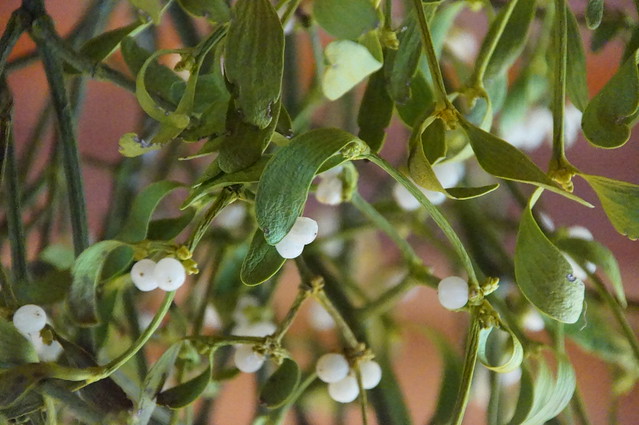One of the words that came up in my Spanish lessons recently was chubascos, which it translated as (rain) showers. I wondered where it comes from, and thought I’d investigate.
In Spanish, chubasco [tʃuˈβ̞as.ko] means downpour, squall, heavy shower, setback or a rain shower, particularly one associated with heavy wind. In nautical usage, it refers to a dark cloud which suddenly appears in the horizon, potentially foretelling rough sailing conditions [source].
Related expressions include:
- chubascos dispersos = scattered showers
- chubasquero = a waterproof raincoat
- aguantar el chubasco = to weather the storm
Chubasco comes from Portuguese chuvasco (downpour, shower), or from Galician chuvasco (downpour, shower), which both come from Old Galician-Portuguese chuvia (rain), from Latin pluvia (rain, a shower), from pluit (to rain, be raining), from Proto-Italic *plowō, from Proto-Indo-European *plew- (to flow, float, wash) [source].
The word chubasco [tʃuːˈbɑːskəʊ] also exists in English and refers to a violent squall with thunder and lightning, encountered during the rainy season along the Pacific coast of Central America and South America. It was borrowed from Spanish [source].
Words from the same roots include chuva (rain) in Portuguese, choiva (rain) in Galician, lluvia (rain, rainfall, stream, barrage, shower, spray) in Spanish, and pioggia (rain, shower) in Italian pluie (rain) in French, and pluvious (involving or related to rain, rainy) in English [source].
By the way, someone who loves rain, and/or finds joy and peace of mind during rainy days, or an organism that thrives in a rainy environment is a pluviophile and is pluviophilious, and another name for a rain gauge is a pluvioscope [source].
Other rain-related words in Spanish include:
- llover = to rain
- llovedizo = rain, leaky
- llovizna = drizzle
- lloviznar = to drizzle, mizzle
- lluvioso = rainy
- pluvioso = rainy, pluvious
- pluvial = rain, pluvial (of, pertaining to, or produced by rain)
Incidentally, the English word rain comes from Middle English reyn (rain, shower), from Old English reġn (rain), from Proto-West Germanic *regn (rain), from Proto-Germanic *regną (rain), possibly from pre-Germanic *Hréǵ-no-, from Proto-Indo-European *Hreǵ- (to flow). It’s cognate with Regen (rain) in German, regn (rain) in Danish, Faroese, Icelandic, Norwegian and Swedish, rõki (drizzling rain) in Lithuanian, and regar (irrigate, water, scatter, hose, ruin) in Spanish [source].













